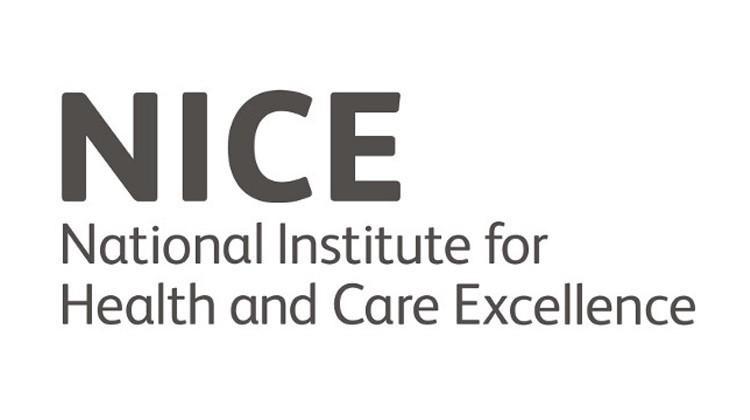Acalabrutinib approved for NHS treatment of CLL in England and Wales
Published on: 18 March 2021NICE has approved acalabrutinib for NHS use for some people with CLL.

The National Institute for Health and Care Excellence (NICE) has today announced that a new treatment called acalabrutinib will be available on the NHS for people with chronic lymphocytic leukaemia (CLL). It has been recommended on the NHS for adults with CLL who have not been treated before and who:
- have high-risk genetic changes in their CLL cells (a ‘17p deletion’ or a ‘TP53 mutation’)
- don’t have high-risk genetic changes in their CLL cells but who are not able to have standard treatment options (fludarabine, cyclophosphamide and rituximab, or bendamustine and rituximab).
Acalabrutinib has also been approved for NHS use in adults with CLL that has come back (relapsed) or not responded (refractory) after previous treatment.
Acalabrutinib is a type of targeted drug called a cell signal blocker. It blocks a protein called ‘BTK’ on B cells. This disrupts the signals that help B cells to stay alive and divide.
Acalabrutinib is a capsule that you take by mouth every day unless your lymphoma gets worse or you develop troublesome side effects. Large clinical trials have shown that it significantly improves the length of time people with CLL live without disease progression compared to other commonly used treatments. It is generally well tolerated. Common side effects include headache, low neutrophil count (neutropenia), diarrhoea, low red blood cell count (anaemia) and cough.
Although it is positive to have another treatment option for people with CLL, NICE’s recommendation is narrower than the approved indication for acalabrutinib, which is for all adults with untreated or previously treated CLL, regardless of the genetic changes in their CLL cells or their suitability for other treatment options. It is disappointing that NICE did not consider making this effective, well tolerated, oral treatment more widely available to people with CLL.
Acalabrutinib is currently being assessed by the Scottish Medicines Consortium (SMC), to decide if it should be made available on the NHS in Scotland. Northern Ireland usually follows NICE recommendations.
Find out more about drug development, approval and funding, or visit Lymphoma TrialsLink for the latest on clinical trials for lymphoma.
18 March 2021
